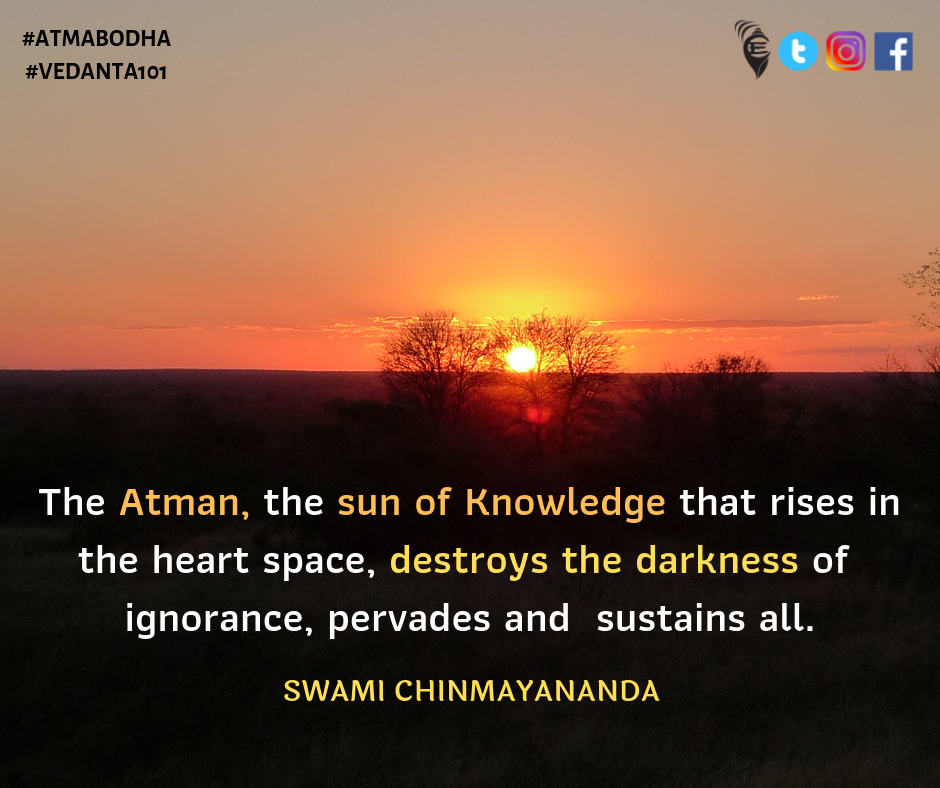A Catechism of Hinduism -IV-1 Continued : Swami Krishnananda
19/04/23019
Q: Divine Incarnations ? Give their brief life-sketch.
A: The Hindus adore the well-known Divine Incarnations of Narayana or Vishnu, viz., Rama and Krishna, who are classified among the gods and are not regarded as humans. The great sages and saints who hold a pre-eminent position are Vasishtha, Vyasa, Suka, Dattatreya, Vamadeva, Yajnavalkya and the like; also, the great devotees associated with devotion to the principal gods popularly worshipped, viz., Vishnu, Siva, Ganesa, Devi, Skanda and Surya; included also are the Acharyas referred to above.
Q: What is its relation with modern science and how does it affect modern man?
A: Hinduism, as a religion of an almost universal inclusiveness, takes into consideration the different levels of not only the evolution of life by stages but also the levels of outlook in knowledge and experience. The question of the relation between science and religion arises due to the assumption that the objective of science and the aim of religion are perhaps different, maybe even irreconcilable. But Hinduism, if it gfis to be understood in the true spirit of its internal structure, is fully awake to the levels of perception and knowledge available to the human individual. The epistemological doctrine behind the philosophy of the Hindu religion recognizes the relative value of sense-perception and rational investigation as avenues of knowledge, though it holds that direct intuition of truth is the final test of absolutely valid knowledge. Science comes under the field of sense and reason, and Hinduism accepts the value and utility of the findings through these means of knowledge in practical life, provided they do not contradict the ultimate value of all life, viz., the realisation of the Universal Reality in direct experience.
The manner in which this attitude of the Hindu religion would affect the life of the modern man should, thus, be clear and obvious. That is, the spirit of Hinduism is so accommodating that it does not reject the matter-of-fact value or the practical effectiveness of the findings of modern science. The most interesting outcome of this general outlook of Hinduism is that in its concept of the degrees of reality in the several planes of existence as manifestations through varying levels of density, any degree of reality- such as the relation of scientific findings to human life in general – is part of the total outlook of Hindu philosophy and religion. Thus, one should say that Hinduism as a religion introduces a new spirit of positivity and enthusiasm even into the field of science rather than look upon it as something alien to itself.
To be continued ..





Comments